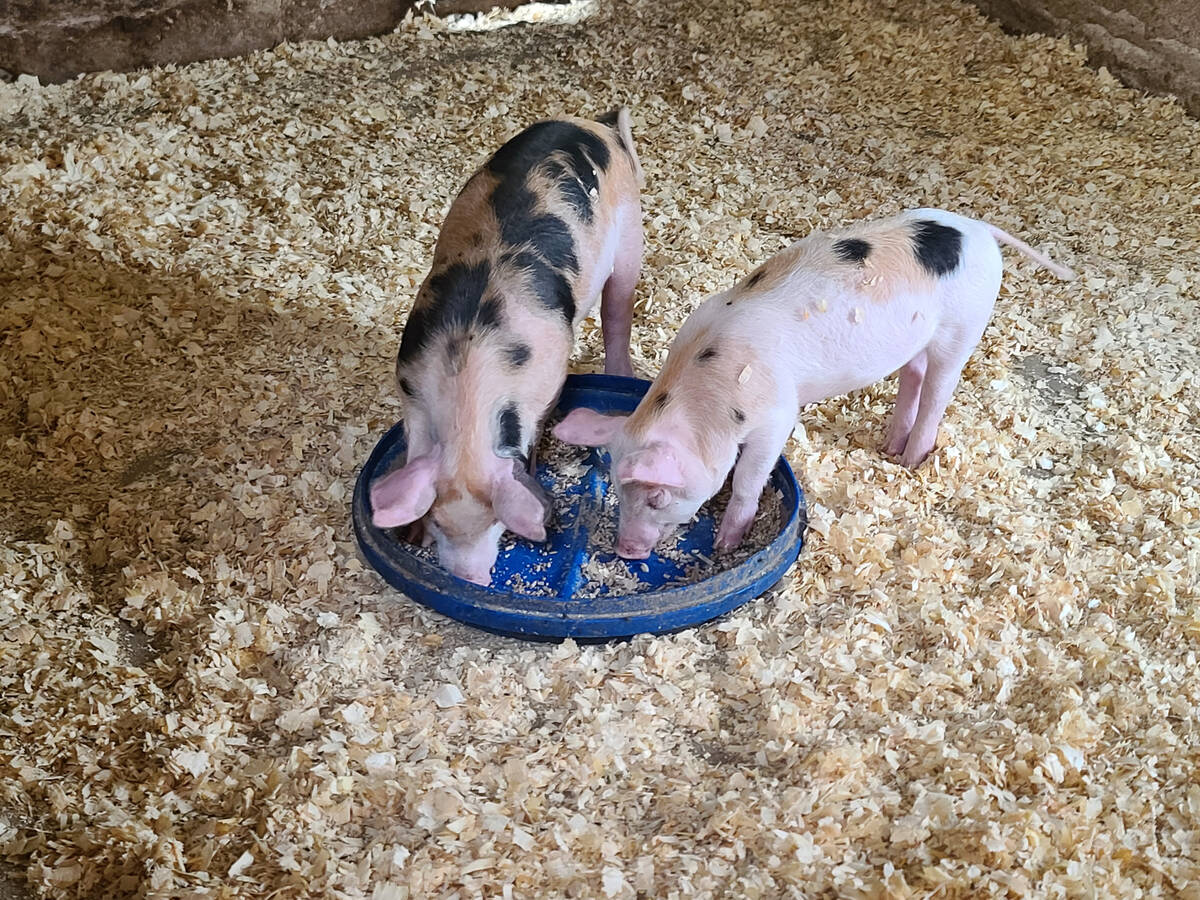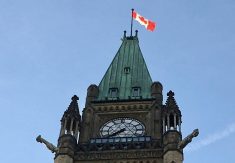SAO PAULO (Reuters) — An impasse between U.S.-based Monsanto Co. and soybean buyers in Brazil over royalty payments on a new seed technology may complicate the country’s sales of the upcoming oilseed crop.
Monsanto has fought farmers over royalty payments for its seed technology in courts around the world. In Brazil, it now wants commodity trading firms to ensure farmers pay the proper fees for its new South American seed, Intacta RR 2 Pro.
But trading firms are afraid to get caught in the crossfire.
Read Also

African swine fever risk tightens feed ingredient trade rules with Taiwan
Plant-based ingredients bound for Canadian livestock feed will have stricter trade rules if the shipments come from Taiwan, following Canadian Food Inspection Agency changes
Brazil’s Vegetable Oils Association (Abiove), which represents international soybean traders such as ADM, Bunge, Cargill and Louis Dreyfus, said members have been negotiating with Monsanto for six months.
“We can serve as monitors in this process, as Monsanto requests … but we cannot assume legal responsibility for the collection of royalties,” said Abiove President Carlo Lovatelli.
Monsanto said in a statement on Thursday that it was confident the best solution would be found in favor of Brazilian soybean growers.
The main concern for the soy industry in Brazil, which exports more than half of its annual harvest, is what would happen if questions arise over a royalty payment on a soy cargo that has already been shipped, Lovatelli said in an interview.
“It would be like selling a complete car and then having the tire manufacturer come and complain about something to do with the rubber,” he said.
If the impasse continues, buyers may not be able to purchase soy from Brazilian farmers who planted their fields with Intacta. Brazil, the world’s No. 1 soy exporter, is Monsanto’s second-largest market after the United States.
Herbicide-resistent Intacta will likely make up 25 percent of the soybean crop to be planted in September, compared with four percent in the inaugural 2013-14 season. Farmers have said the seed is resistant to a devastating Asian caterpillar, helicoverpa armigera, that first appeared in Brazil in 2012.
Farmers are already buying seeds for next year’s crop. The U.S. Agriculture Department expects Brazil to produce a record 91 million tonnes of soybeans but has said the United States may replace Brazil as the top soybean exporter next season.
“Producers want certainty, in this time of seed buying, that they are not going to have problems when they deliver their soy six months from now,” Lovatelli said.
Brazilian farmers dropped a long-running legal battle against Monsanto last year, accepting the company’s offer to lower the price of Intacta seeds in exchange for ending the case over its old Roundup Ready seed technology.
Earlier this year, the U.S. Supreme Court upheld Monsanto’s biotech seed patents, dealing a blow to a group attempting to ward off the company’s lawsuits against farmers.














